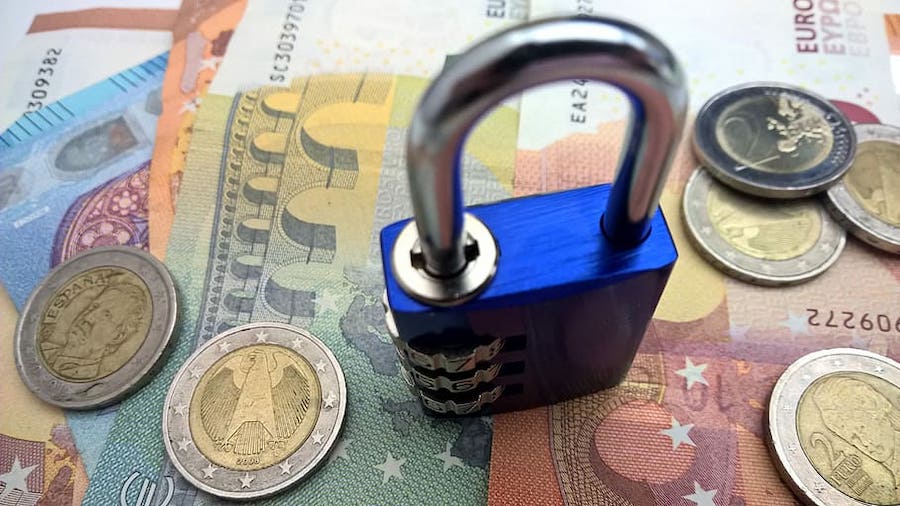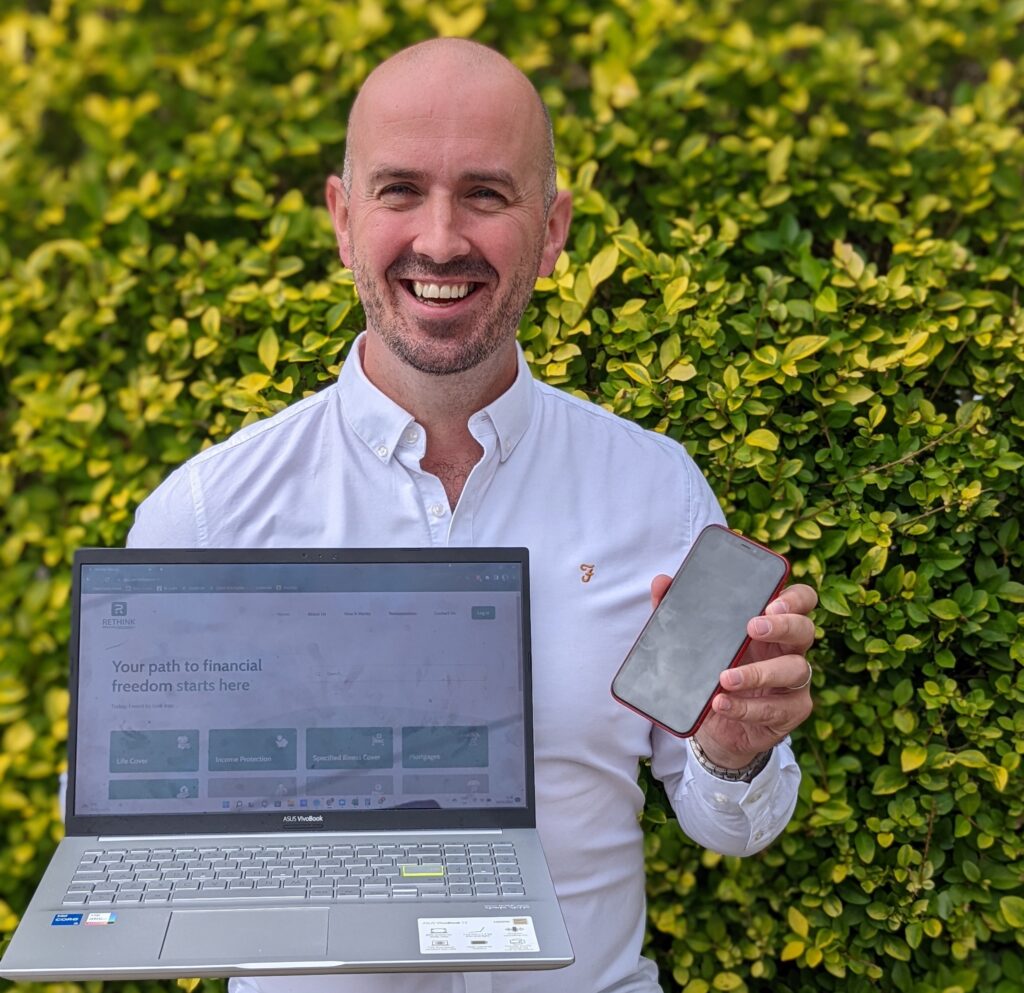This week Donegal Daily’s financial columnist Sean McNulty says there is more to your finances than just letting your hard-earned cash sit in a bank.
You probably use a bank to keep your money in and try to increase it, right? On your end, it just sits there, earning zero interest and losing value because of inflation.
The banks aren’t so slow however. They don’t let it sit there; they put your money to use, to boost their profits. Banks know what to do with your money, but the question is: do you? If the answer is no, then you should read further to find the answers.
What banks do with your money
When you deposit your money in a bank, it doesn’t just sit there gathering dust. The bank will lend that money deposited out to someone else who applied for a loan. That loan comes with interest, which makes the bank more money.
Say you deposit €100 in your account, the bank will loan typically about 90% of that to someone else (at a high interest rate of course).
That money, that is loaned out, is paid out to another individual or business. That someone comes to the bank and deposits some of that loan and 90% of that is loaned out to someone else.
Yes, you can see the cycle that is happening here, and it just continues onward and onward. The bank is no slouch when it comes to dealing with your money.
That is only one thing that banks do.
They also invest it
Banks also make investments, taking money deposited and buying stocks, securities, and other investments. This in turn makes even more money for the bank, while making back what they ‘borrowed’ from your account.
In many cases, this is fine as long as the banks make back more than what they put in on these investments. However, there is a possibility that it could go wrong on them if they aren’t paying attention.
In most cases, the investments are safe, so the level of risk/worry is low.
Yet another way they make money from you
Banks also make money off you with fees. These fees you pay are a pain at times. Banks have a responsibility to their shareholders to maximise revenue and profits.You may not like it, but that’s how it is. Shop around if you think your bank is charging too much in fees.
So, what should you do?
So, unlike banks, you don’t have the facility to loan out money for an interest return. However, you can invest it.
If you have money on deposit, you should keep your rainy day fund there plus any amount you might want to spend in the next couple of years e.g. renovations, holiday, car upgrade. These are short-term goals so no point putting that money away anywhere. Regarding your rainy day fund amount, you should have 3 months income, if in secure employment and 6 months worth if on contract or self-employed.
The rest, well you can put that to work yourself, like the bank would do to boost their profits if you left it with them. Instead, this time you are looking after your own wealth.
You get zero interest at the bank and are charged to keep your money with them, so why wouldn’t you invest it and have a professional fund manager make money for you.
Investment funds operate a lot differently these days, with smaller fees, more choice and greater access to your money. A trustworthy advisor can talk you through all your options and any fees you are likely to encounter.
Beat the bank, and make your money work for you, not them!
Sean McNulty is the founder and Managing Director of Rethink Money Ltd, a financial advisory company based in Letterkenny. Sean’s company is a digital-first advisor with a bespoke software to help clients best manage their financial needs. Free financial reviews can be booked by messaging info@rethinkmoney.ie or booking via the website www.rethinkmoney.ie









